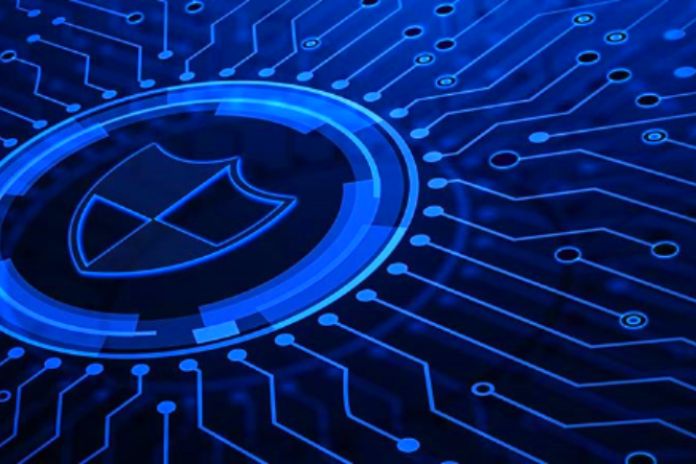Security tips for your Devices: The use of notebooks and desktops is prevalent. They were the forerunners in accessing the internet and using the software.
Long before we thought about smartphones, PCs were already by our side, helping with the development of work tasks and sharing content and entertainment.
Even with the popularization of mobile devices, a computer is still a highly requested machine, whether for work or personal use.
This reality of much use opens up a pertinent discussion: how to protect devices such as notebooks and desktops against virtual threats, such as viruses, worms, and other malware.
To help you find the best security practices for your devices, we’ve separated some tips to protect your computer and use it without significant concerns.
Beware of Wi Fi Connections
Wireless internet networks are viral these days. At the end of 2015,registered an increase of 189% in the number of hotspots – places of access to the internet via a wireless network – demonstrating the popularity of this technology and the scope of wireless networks throughout the territory.
As much as many networks and access locations are available, not all of them represent a safe browsing environment. Specific networks, especially public networks, do not have strict security protocols, which allows criminal groups to take advantage of this fragility to gain access to connected devices and even subtract data and deploy malware.
Be very careful with the contents accessed during an internet session in a public place. Avoid using sites that require passwords (such as social networks, email accounts, and work platforms) and, above all, avoid accessing internet banking. Carelessness can mean a big headache. If possible, use a VPN to access public networks.
Use The Password On Your Device
One of the dangers for computer owners, especially notebooks, is the theft of the machine. Thieves don’t always have an eye on the information on your computer. It is more common to resell the device or its parts; however, in some cases, criminal groups scan for information of interest before dismantling the machine.
To prevent device theft from also becoming information theft, it is worth using a good password to control access to the operating system and all its folders, internet history, passwords, photos, etc. Don’t forget to use a “strong” password and avoid clichés, such as sequences of numbers and letters. Always try to use a password that mixes uppercase and lowercase letters, symbols, and numbers. Some sites rate password strength if you want to check your password strength.
BYOD And The Importance Of VPN
Many companies are modifying their work structures and allowing the rise of device mobility to change the reality of the office. Nowadays, numerous companies see the Home Office naturally, and some have adopted Bring Your Device (BYOD). In this system, the employee can work using his notebook, which only needs an internet connection to access the work tools.
Despite being a practice that enhances mobility and flexible schedules, BYOD requires some security practices to prevent corporate information from being accessed by malicious people. One of the most used tools to prevent data theft is the VPN connection. In this system, the computer uses software to connect remotely with corporate strategies, allowing them to be used remotely safely.
Never Stop Using A Good Antivirus
Antiviruses are old allies of safe browsing. They have been recommended by experts for years, given their efficiency in protecting computers, their ability to be combined with other security tools (such as firewalls), and their extensive database, which contains a wealth of information about threats of all kinds.
A good antivirus can detect different virtual threats, avoiding contamination by malicious files. As threats evolve and become more intelligent, antiviruses are also progressing to become tools of excellent efficiency against cyberattack.
Use Folder Blocking And Encryption Software
Suppose you want to increase your computer’s security in case of device theft, in addition to applying passwords to access the operating system. In that case, it is possible to use passwords and encryption in folders. Some programs allow the creation of passwords to restrict access to folders containing documents and personal or business information, which increases the security of the information contained in the computer.
Also Read: Types Of Computer Security: What Are They

